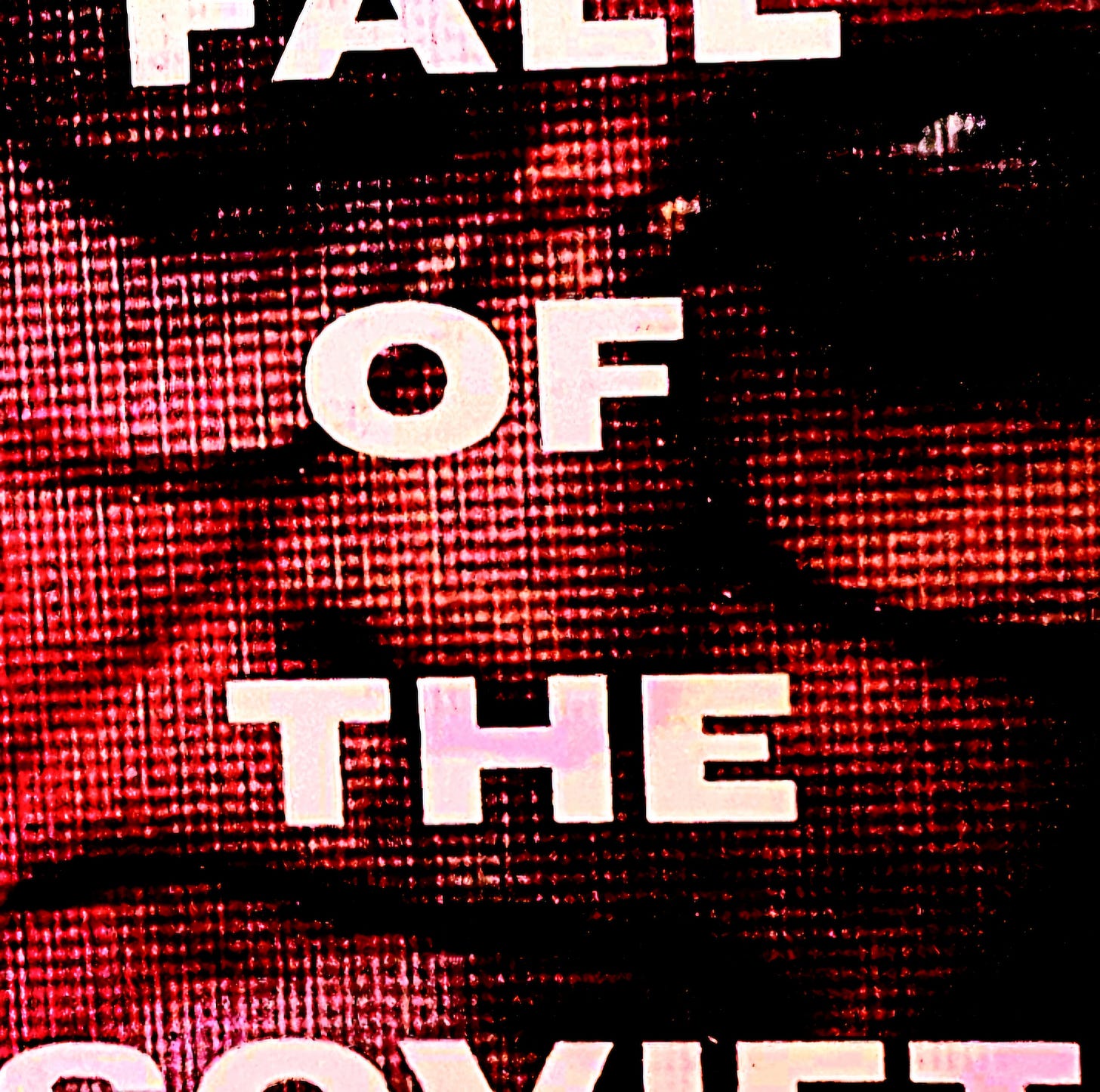Writing is a great way to compare what people were saying to what actually happened. The pen, especially when wielded in the future, can be ruthlessly efficient at exposing the differences between intention and reality.
In Collapse, we are given a Shakespearean tragedy, presented in meeting notes, personal diaries, speeches and correspondence, all threaded together by a timeline of facts.
The individual players had their preconceptions and biases, their expectations, hopes, wants, dreams, goals and desires. They had their likes and dislikes. Their versions of the story.
But when you get a master historian like Zubok, all those subjectives get machine gunned against the wall by a ruthless set of interlinked facts.
When your writing is as strong as this, it’s hard to counter. When you can tie your story together with undeniable facts, your story will be strong. When each assertion is backed up by multiple pieces of evidence from a wide variety of reputable sources, your words have the potential to turn a string of random occurrences into What Actually Happened.
Read hard. Read wide. Read free.

